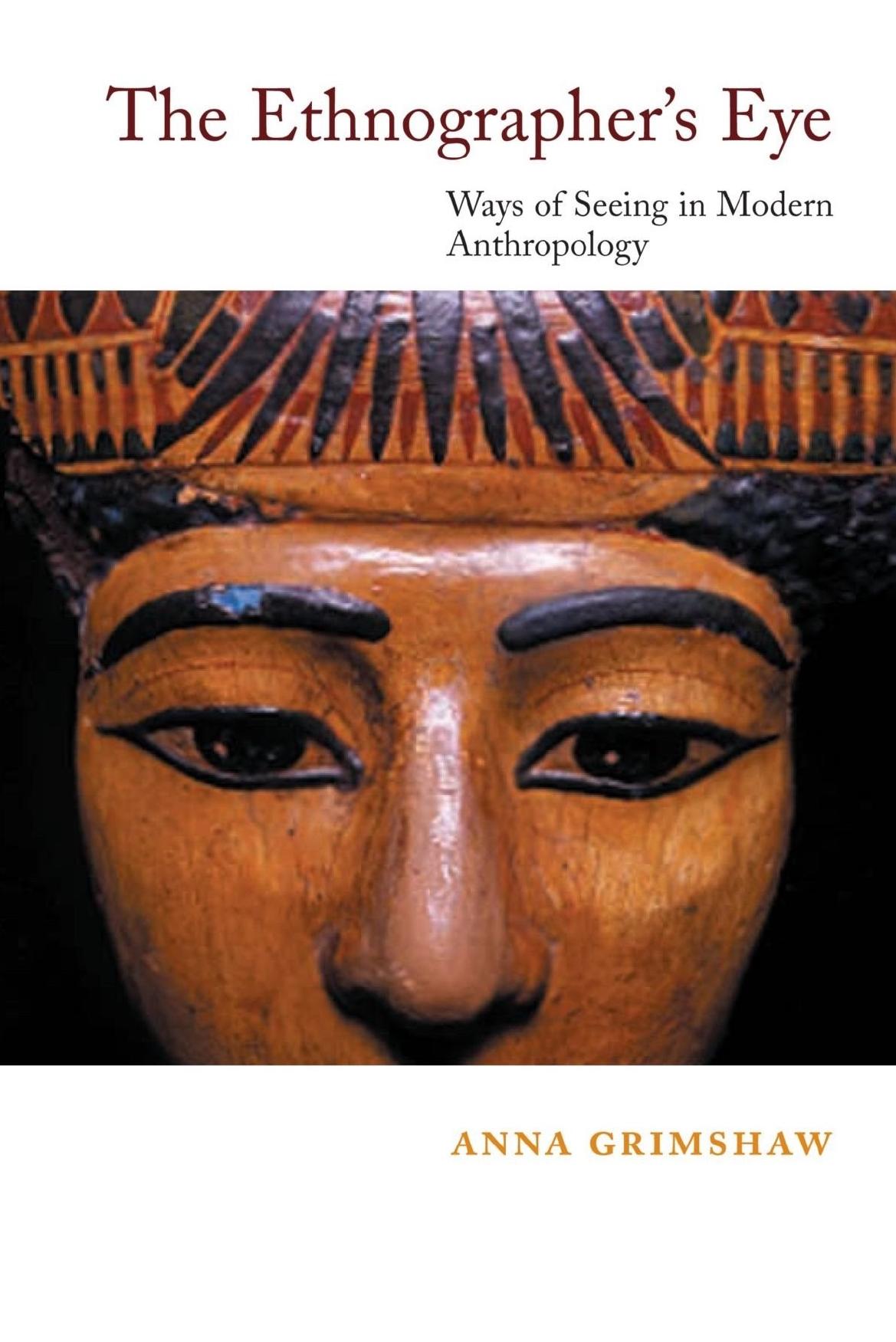

Most ebook files are in PDF format, so you can easily read them using various software such as Foxit Reader or directly on the Google Chrome browser.
Some ebook files are released by publishers in other formats such as .awz, .mobi, .epub, .fb2, etc. You may need to install specific software to read these formats on mobile/PC, such as Calibre.
Please read the tutorial at this link: https://ebookbell.com/faq
We offer FREE conversion to the popular formats you request; however, this may take some time. Therefore, right after payment, please email us, and we will try to provide the service as quickly as possible.
For some exceptional file formats or broken links (if any), please refrain from opening any disputes. Instead, email us first, and we will try to assist within a maximum of 6 hours.
EbookBell Team

4.3
78 reviewsGrimshaw's exploration of the role of vision within modern anthropology engages with current debates about ocularcentism, investigating the relationship between vision and knowledge in ethnographic enquiry. Using John Berger's notion of 'ways of seeing', the author argues that vision operates differently as a technique and theory of knowledge within the discipline. In the first part of the book she examines contrasting visions at work in the so-called classical British school, reassessing the legacy of Rivers, Malinowski and Radcliffe-Brown through the lens of early modern art and cinema. In the second part of the book, the changing relationship between vision and knowledge is explored through the anthropology of Jean Rouch, David and Judith MacDougall, and Melissa Llewelyn-Davies. Vision is foregrounded in the work of these contemporary ethnographers, focusing more general questions about technique and epistemology whether image-based media are used or not in ethnographic enquiry.
**
Review"Grimshaw then moves into three detailed studies of postwar ethnographic filmmakers...all three studies are detailed and perceptive, making this ambitious book invaluable to those who teach these films." International Journal of African Historical Studies
Grimshaw sets a new agenda for visual anthropology, attempting to transcend the old division between image and text-based ethnography. She argues for the use of vision as a critical tool with which anthropologists can address issues of knowledge and technique. The first part of the book critically examines anthropology's history, focusing on the work of key individuals--Rivers, Malinowski and Radcliffe-Brown--in the context of early modern art and cinema. In the book's second part, Grimshaw considers the anthropological films of Jean Rouch, David and Judith MacDougall and Melissa Llewelyn-Davies.